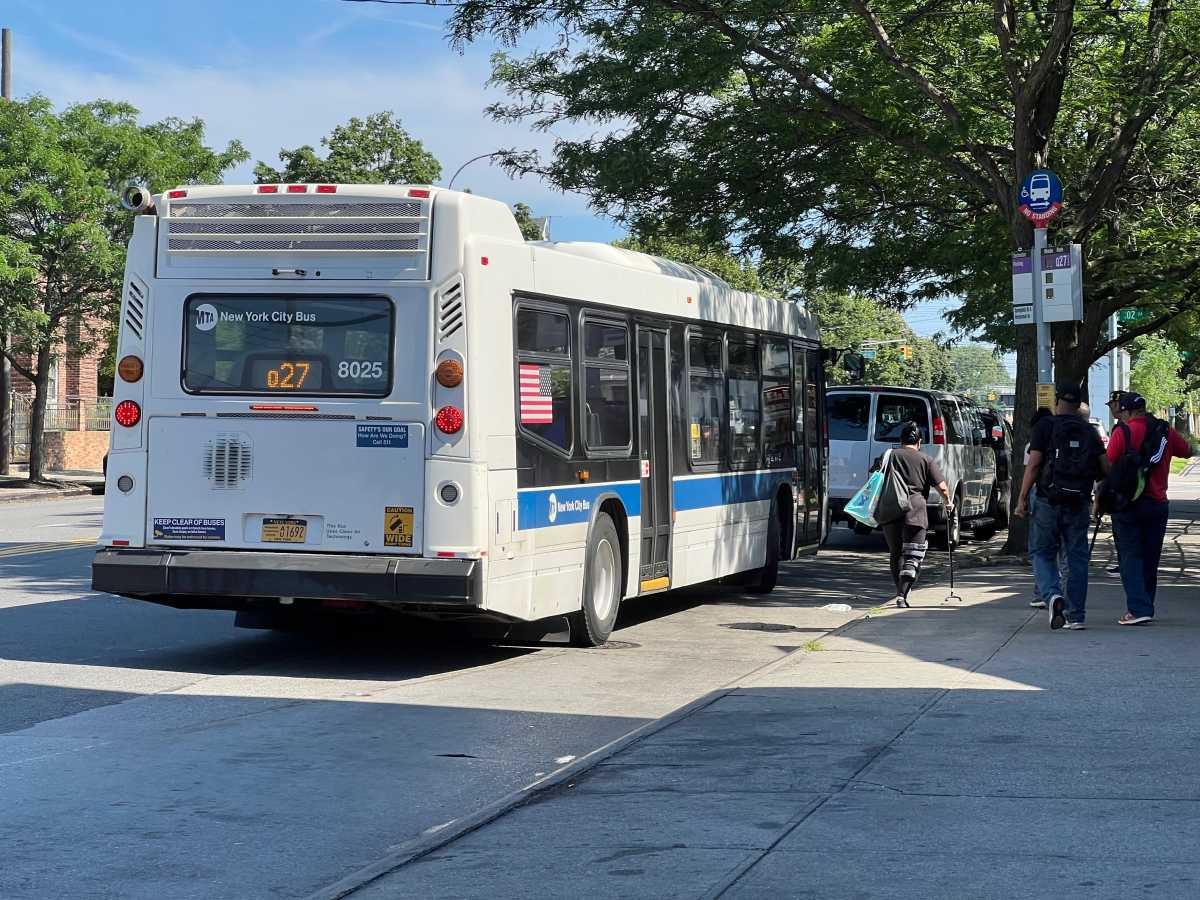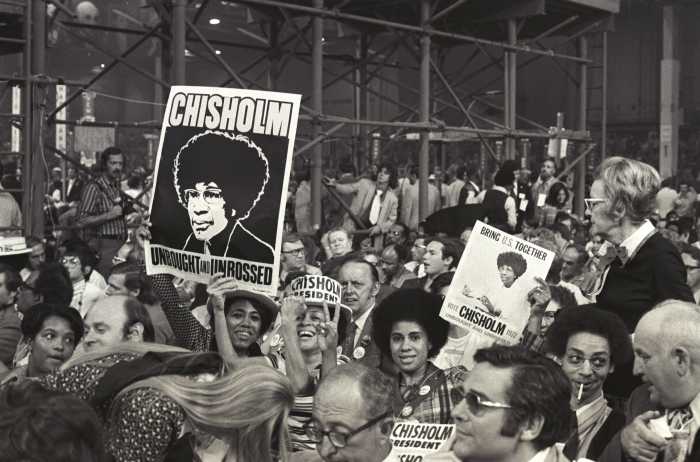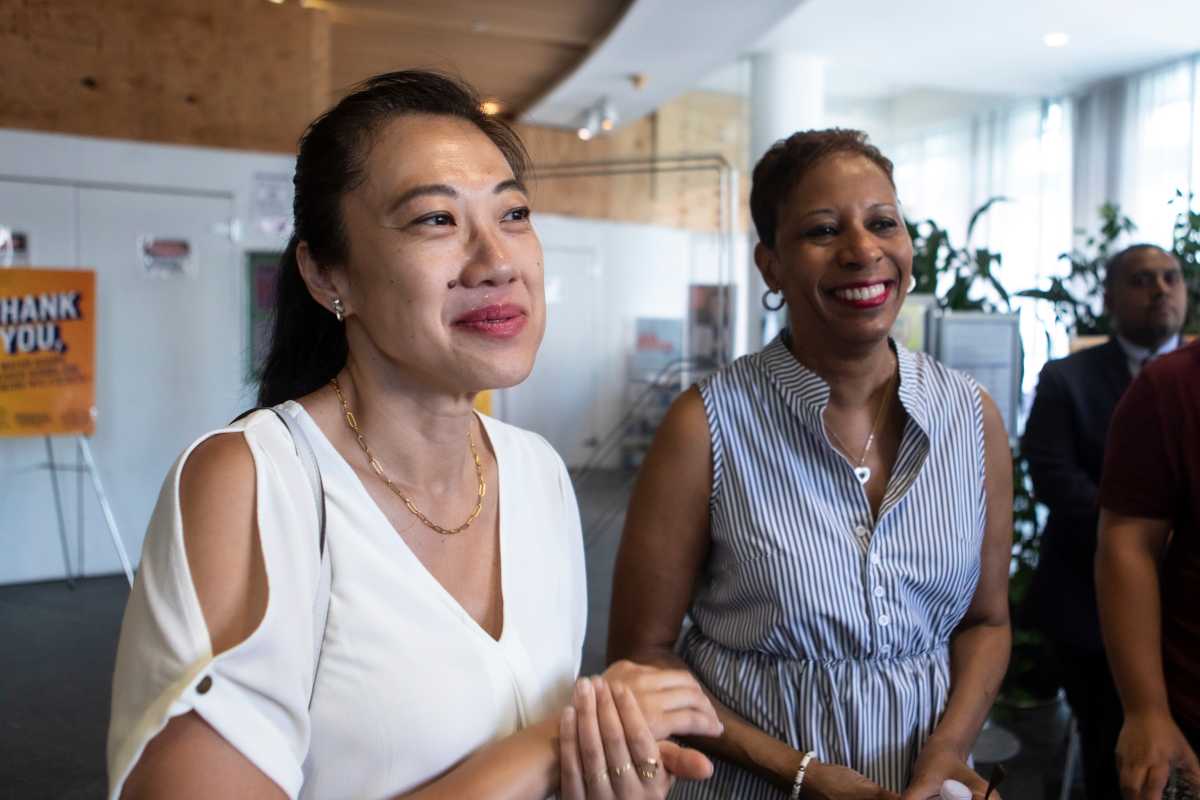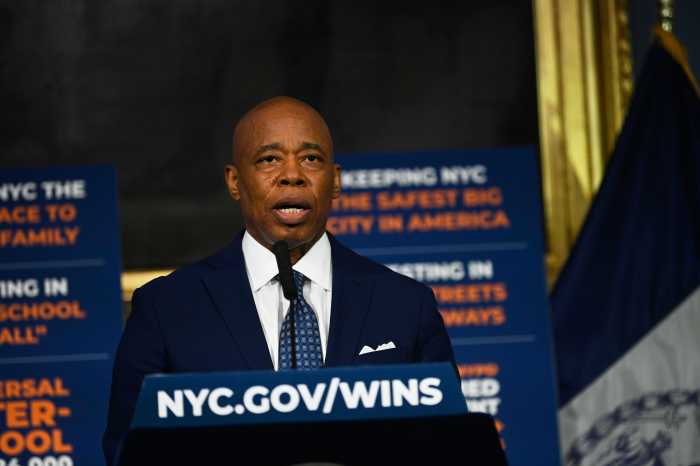
Mayor Bill de Blasio is late — a lot.
And the list continues to grow: St. Patrick’s Day Mass (15 minutes), a parade in the Rockaways (30 minutes), holiday breakfast (15 minutes), ceremony honoring victims of Flight 587 (20 minutes), Coney Island announcement of money for storm-damaged hospitals (22 minutes), JetBlue flight from Kennedy Airport to Puerto Rico with 100 on board (20 minutes).
He and his office have issued a variety of excuses, everything from a “rough night” and “fog” to a delayed “breakfast” and “meetings and stuff.”
We don’t know exactly what accounts for his habitual tardiness, but Julie Morgenstern, author of “Time Management From the Inside Out,” says there are two main reasons for such behavior. The first is technical, which refers to those who are bad at time management or have difficulty saying no. The second is psychological, which refers to those who are always 10 minutes late and are likely doing what they want regardless of its impact on others.
But Diana DeLonzor, author of “Never Be Late Again,” says there are seven types of chronically late people. They include the “producers,” who overschedule because they have difficulty with time management and a sense that they can do it all; the “deadliners,” who act subconsciously because of the adrenaline rush; and the “rebels,” who thrive on lateness because they like the idea that others are waiting for them.
Only the mayor can say whether his problem is technical or psychological, whether he is a “producer,” “deadliner,” “rebel,” or something else. Whatever the reason, as much as people may want to give him the benefit of the doubt and as forgiving as New Yorkers are, as the mayor, de Blasio is held to a higher standard. When he attends events, he represents the city, and while people are more interested in his policies (how safe the city is, whether children are being educated and the streets are clean), they do take the more ceremonial aspects of the job seriously.
As much as City Hall tries to downplay it, if the mayor isn’t careful, his habitual tardiness will — regardless of why it’s happening — be seen as rude, disrespectful and unbecoming of the man elected to the city’s highest office.
He needs to get this right.
Jeanne Zaino is professor of political science at Iona College and of political campaign management at New York University.






























